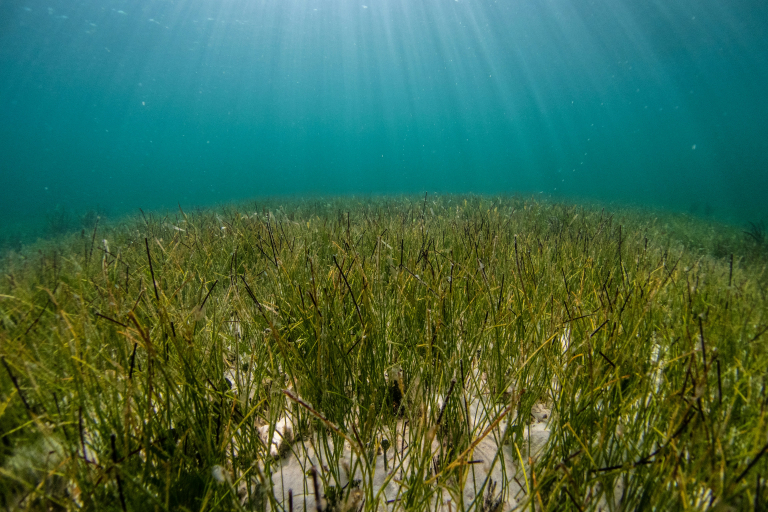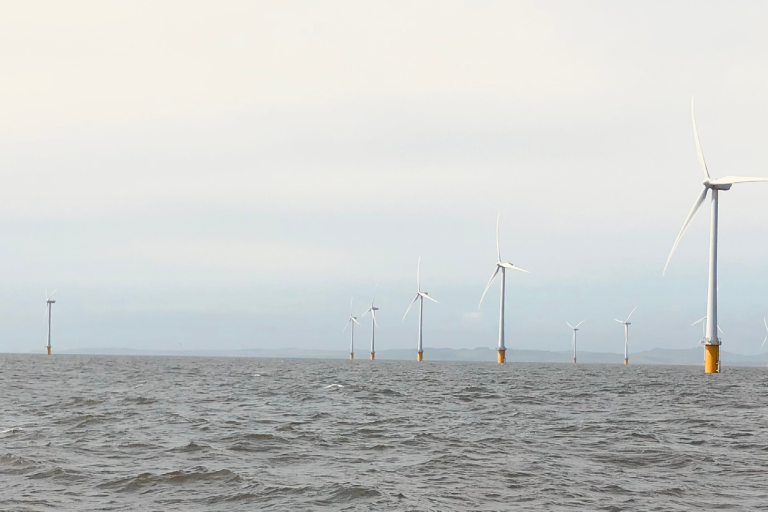A comprehensive ‘root and branch’ review of how Scotland’s seabed is leased for aquaculture has resulted in changes to rents as well as new reporting requirements on the use of plastics and, for finfish operators, participation in agreements to manage cumulative impacts.
The review covered all aquaculture sectors and explored and recommended rent and lease terms that:
- Ensure rents fully reflect market value (profits from rents paid to Crown Estate Scotland are passed to Scottish Government for public spending);
- Drive sustainable performance; and
- Incentivise effective use of the seabed as a shared resource.
The overall charge for finfish producers will be 1.5% of production turnover (through phased introduction of the reviewed terms), putting producers on a level playing field with other commercial users of the seabed.
This means that producers’ commercial success – success that relies on using the seabed, a shared resource – is reflected in increased funds flowing to Crown Estate Scotland and, ultimately, to the Scottish Government and local authorities.
Revised terms support implementation of the Scottish Crown Estate Act 2019 specifically regarding managing assets in a way that maintains and enhances value, generates return and promotes sustainable development.
As the body responsible for the leasing of Scotland’s seabed and around half the foreshore, Crown Estate Scotland currently leases around 750 sites for finish and shellfish farming.
The review was informed by recommendations from an expert panel, working alongside members of Crown Estate Scotland’s aquaculture team. An Island Communities Impact Assessment relating to the recommendation to standardise charges across Scotland was carried out.
Alex Adrian, Aquaculture Operations Manager at Crown Estate Scotland, said: “This review was essential to ensure that we keep up with the pace of an ever-changing sector.
“Aquaculture businesses sustain jobs in some fragile, remote communities and their operations impact the environment. We want to ensure that, in line with legislation, sustainable development is the core principle underpinning seabed leasing.”
Some of the key changes include:
- For finfish tenants, an increase in fees (as a percentage of turnover) to reflect the consistently strong prices for salmon alongside a revised rent determination process that can better reflect market behaviour;
- For finfish tenants, reporting required on participation in (collaborative) Management Agreements to mitigate cumulative impacts;
- For shellfish tenants, rent remains the same other than an increase in minimum rents; and
- For all tenants – reporting required on management of plastic used on the leased area.
Changes to lease terms will come into effect in phases, starting in January 2023.
The review is separate from the review of regulation commissioned by Scottish Government.
Crown Estate Scotland issues leases for seabed only once operators have the necessary consents and permissions from regulators and planning authorities.











